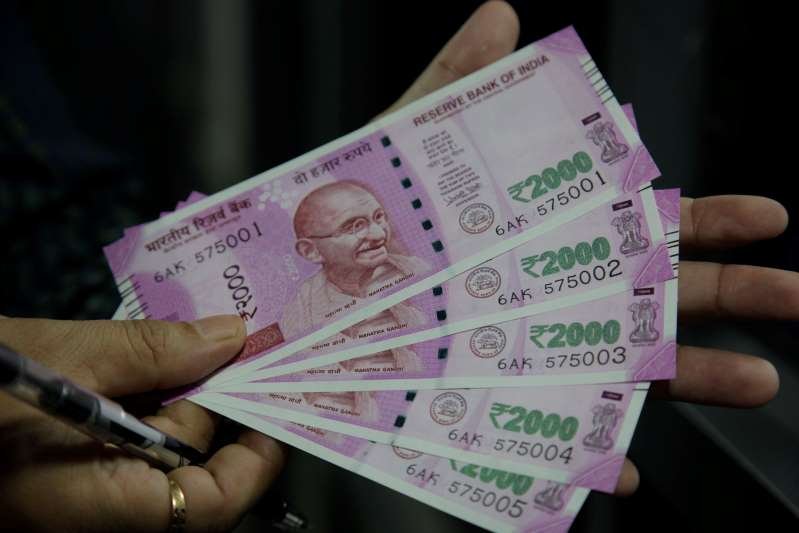Money
Post Office RD vs bank RD vs MF: See benefits

All major banks across the country as well as post offices offer Recurring Deposit (RD), which is a form of term deposit. Unlike a single payment made in case of fixed deposits (FDs), RD deposits are made through a series of regular periodic payments. Through this one can deposit a fixed amount periodically, with the term normally ranging between 6 months and 10 years. The popularity of RD is because it provides risk-free investment opportunities to investors. Hence, experts suggest risk-averse investors to opt for the post office or bank RDs. Such investors can also look at other similar investment tools such as Debt mutual funds through SIPs. Investments in these funds are considered safer for short-term investments as they remain unaffected by daily fluctuations in the equity markets. This mostly helps the salaried or people with regular income to deposit a fixed amount every month into their RD account and earn interest.
If you are planning to invest in an RD, know what are your options and how do they differ.
Post Office Recurring Deposits: Post office offers nine saving schemes, out of which one is the Recurring Deposit (RD). It offers attractive interest rates to the investor, but unlike Time Deposits (TDs) where one needs to deposit the money in one go, with RDs, you can only opt for monthly deposition. Also, there are no income tax benefits extended to RD investors. Post office RDs offer an interest rate of 7.3 per cent (quarterly compounded). According to India Post, an RD account can be continued for an additional five years on a year-to-year basis. While you can deposit in an RD account on a recurring basis, there are restrictions on withdrawal before the end of the term. For instance, Post Office RDs are for a tenure of 5 years only. Premature withdrawals can also result in a reduced rate of return.
Bank Recurring Deposits: Depending on the amount you contribute and the tenure of the deposit, you earn the interest on your recurring deposit. The interest rates offered by banks are similar to the interest rates offered on term deposits. You can also avail a loan with your RD. Banks accept RDs as collateral and you can take a loan of 80-90 per cent of the value of the deposit as a loan.
While you can deposit in an RD account on a recurring basis, it comes with restrictions on withdrawal before the term ends. For banks, unlike post office, the term varies from 1 to over 5 years.
Although RD is like mutual fund SIP, here the objective of the periodical payment is not to generated higher return than lump sum investment through rupee-cost averaging or to reduce the risk. Hence, the rate of return is not fluctuating and convenient for risk-averse people. Some people also use RD as a tool to accumulate an amount required for lump sum yearly payments. For instance, payments of an insurance premium.
Unlike Post Office RDs where you can’t make the investments online and have to deposit the amount either in cash or cheques, banks, on the other hand, offer wider choices of selecting the term for RD accounts and give you the option of making the investments through online. However, the tenure and the interest rates of RD vary from bank to bank.
Debt Mutual Fund: SIP allows to invest a fixed amount regularly in mutual fund schemes, mostly related to equity. Debt mutual funds invest mainly in a combination of debt or fixed income securities. For instance, Government Securities, Corporate Bonds, Treasury Bills, Money Market instruments, and other securities.
On average, debt mutual fund SIP can provide you with a return of around 7-8 per cent. You can also customize the SIP according to your requirements. You can either choose from daily, weekly, monthly, quarterly, or yearly. You can also start SIP for additional amounts or cancel an existing SIP and start a new one. SIPs follow Rupee Cost Averaging which helps investors to average their purchase cost and maximize returns. You can make withdrawn from debt mutual fund SIP without paying any penalty on it, unlike bank recurring deposits.







